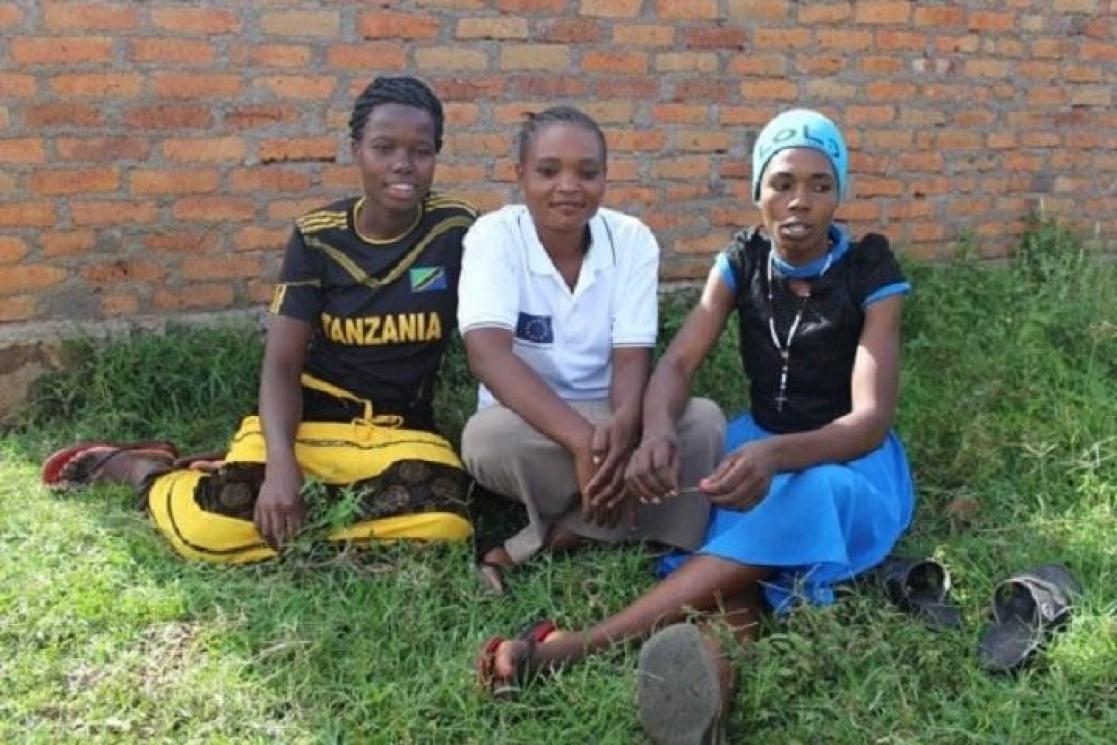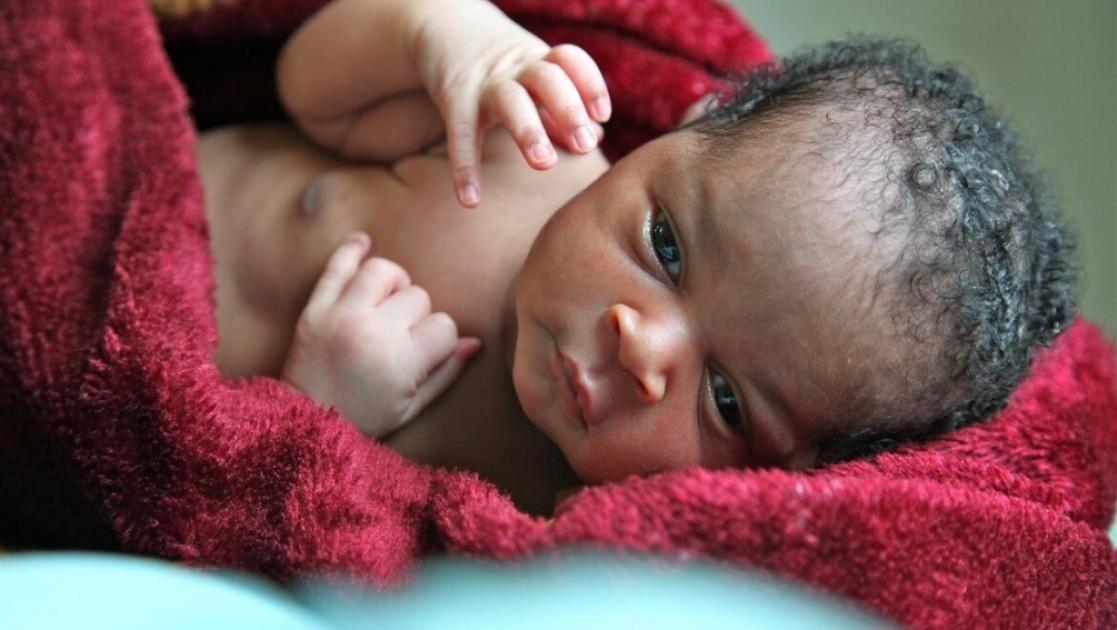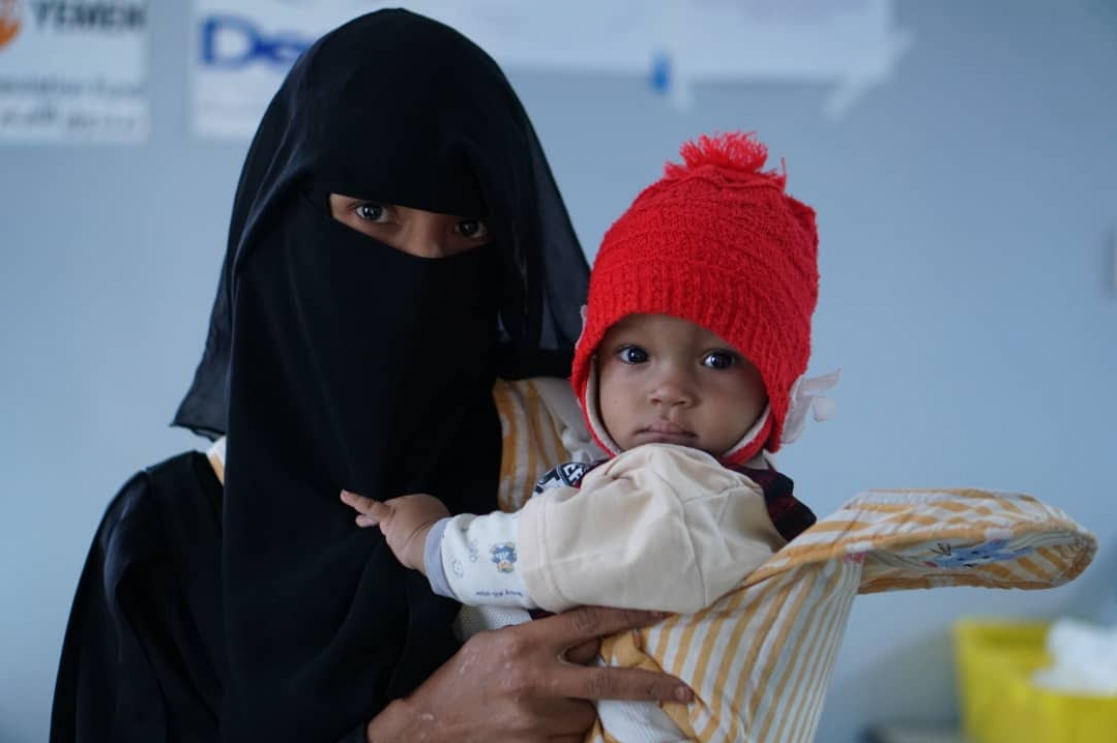World Population Day – Sexual and reproductive health and rights must be ensured to all

The growth of the human population is happening at a very accelerated rate, despite the fatalities caused by the pandemic. For some regions, the rapid growth creates added pressure on already overburdened healthcare structures. In addition, COVID-19 has further exposed healthcare fragilities, contributing to fewer resources to support family planning or prenatal support.
In the least developed regions, the maternal mortality rate is set at 415 deaths in every 1.000 born, where for more developed regions the figure is set at 12 deaths in every 1.000. When it comes to the prevalence rate of contraceptive use, it is set at 59% of women in more developed regions, while the figure falls down to 32% in the least developed regions (figures from UNFPA, 2017).
Limited access to sexual and reproductive health and rights contributes to these figures and prevents realisation of other human rights, including in the fields of education and employment, limiting opportunities for many women and girls, while putting in danger new-borns.
For Ester, in Tanzania, the perception of sexual and reproductive health and rights by her family and community had a clear impact on her life. The general practice of female genital mutilation (FGM) pushed her to take the procedure as a teenager. Once a girl is circumcised, the community assumes that she is ready for marriage even if she is under 18 – and Tanzania has a national child marriage prevalence of 37%.
Ester is now working as a peer educator, through an EU-funded project. She is able to reach out to local communities and spread knowledge to put a stop to a life-threatening procedure that steals the future for many – find here her full story.

The EU remains committed to playing a leading role for women’s and girl’s empowerment and promotes and protects sexual and reproductive health and rights
Last November, the EU approved a new Action Plan on Gender Equality and Women’s Empowerment (GAP III). The Action Plan calls for accelerating progress, focusing on the key thematic areas of engagement, including sexual and reproductive health and rights.
EU interventions can be seen at bilateral, regional and global levels. The EU-UN Spotlight Initiative is an excellent example of dynamic multilateral cooperation to deliver concrete results. The initiative represents the largest global effort to eliminate violence against women and girls, running in 26 countries across 6 regions, with a total funding of EUR 500 million. EUR 100 million of this initiative are specifically dedicated to sexual and reproductive health and rights.
For Joyce Johnson, the EU-UN Spotlight Initiative represents the safe delivery of her baby this year at Redemption Hospital in Monrovia, Liberia. As the COVID-19 pandemic created more pressure on medical facilities in the country, 97 reproductive health kits were provided to meet the different healthcare needs of women and girls – some will help in the treatment of maternal and new-born complications, while others will be used to help survivors of rape or domestic violence. You can find more information about this story here.

Doctor Somia Ali, working in camps for internally displaced people (IDP) in Yemen, shares her testimony about the pressure of the pandemic on humanitarian aid: ‘With the lack of health education and the weak health infrastructure, I become afraid that someone from my team or I would get the virus’. Aware of this necessity, the EU contributed with EUR 14 million to the UNFPA project to enhance the use of appropriate maternal and new-born healthcare services at all levels, including protection from COVID-19 for women, girls and children in the country.
‘The protective equipment from COVID-19 such as gloves, masks, and sterilizers is important. We use them on daily basis, in our work and our movements in IDP camps to provide health care to patients’ further added Doctor Somia Ali upon the reception of the medical equipment.

In addition, the EU instrument for development and cooperation (NDICI) also incorporates the GAP III targets on gender mainstreaming in projects and programmes: at least 85% of all new actions will contribute to gender equality and women’s empowerment and, out of this, a minimum of 5% will have gender equality as a principal objective.
The EU, together with its national, regional and global partners, continues striving to achieve the goal of ‘three zeroes’ by 2030: zero unmet needs for contraception, zero preventable maternal deaths and zero gender-based violence and harmful practices.
This commitment will be met through concrete actions on the ground and the support of multiple partners who can development effective and sustainable solutions to ensure sexual and reproductive health and rights for all.





